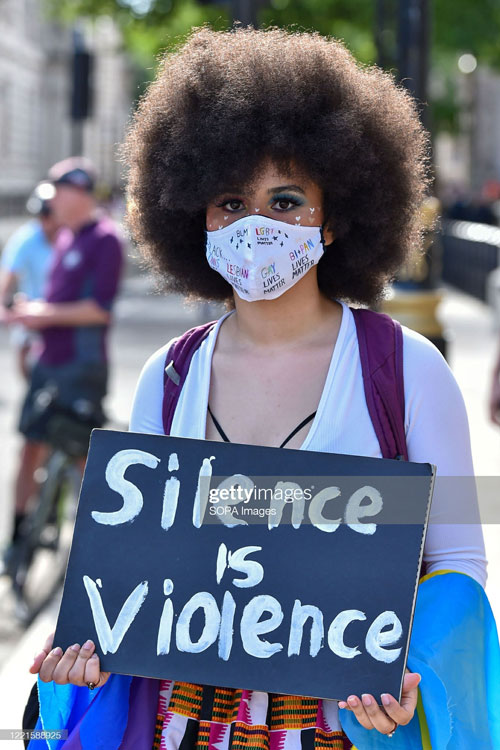Hong Kong
Protest movements are on the rise worldwide amid deepening inequalities and job crises worsened by the continuing coronavirus pandemic.
In 2020, widespread COVID lockdowns sparked protests in countries across the world, with millions marching through the streets demanding jobs, democratic freedoms, social justice and an end to corruption.
But worsening economic conditions and government inaction to address the issues facing people will likely trigger more protests. Here is a look at some of the biggest protest movements around the world.
The mass mobilisation data project, which tracks protests outside the United States, has recorded nearly 7,000 protests from 153 countries over the past 10 years.
While most protests range from hundreds to thousands of demonstrators, between 2010 and 2020, there were at least 900 protests around the world with more than 10,000 participants.
This map highlights the number of such protests in each country over the past 10 years.
France, with its ongoing “yellow vest” movement, is among the countries with the most frequent large-scale protests.
The anti-government strikes, named after motorists’ high-visibility vests worn by the strikers, began in late 2018 to protest fuel taxes and privatisation.
In Lebanon, protests that began in October 2019 continued as economic conditions deteriorated and protesters demanded an end to widespread corruption.
The country’s financial meltdown has driven nearly half its six million people into poverty.
In Hong Kong, what started out as protests against an extradition bill reignited a pro-democracy movement over mainland China’s involvement in the semi-autonomous region.
The protests lasted more than two years, led to thousands of arrests and plunged Hong Kong into its biggest political crisis.
Around the world, frequent smaller protests have also taken place in Kenya, Germany, the UK, Greece, Bangladesh, Nigeria and Yemen, among others.
On November 26, 2020, trade unions in India said 250 million people participated in a 24-hour general strike to demand the government repeal three laws that would deregulate the agricultural sector. This would make it the largest protest gathering in history.—AFP










